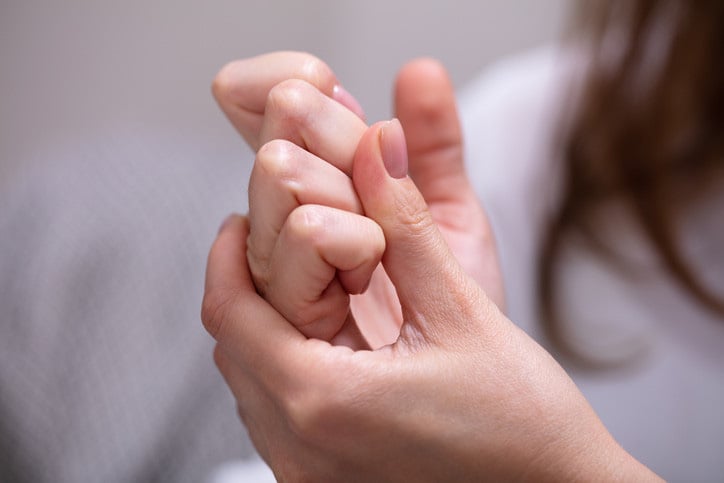
The act of cracking your joints can actually provide a physical sense of release and temporarily increase joint mobility - Photo: Harvard Health
According to National Geographic , the "cracking" sound you make when you crack your joints isn't actually something breaking. The joint capsule contains synovial fluid that contains gas bubbles, mostly carbon dioxide and nitrogen.
Cracking your knuckles feels good and exciting.
"Stretching the joint capsule to its final range of motion creates almost a vacuum," says Matthew Cavanaugh, an orthopedist based in Lafayette, Louisiana. "The speed at which the joint is bent causes the air bubbles to rapidly dissipate inside the capsule."
But what if it's just popping air bubbles? Rojeh Melikian, an orthopedic spine surgeon at DISC Sports and Spine Center in California, explains that the act of cracking your joints can actually provide a physical release and temporarily increase joint mobility.
“It feels really good,” he says, adding that a popular theory is that the sudden movement can also stimulate nerve endings around the joint, reducing pain and releasing endorphins, although this has not been proven.
There's more to this than just physiology, though. There's also a psychological aspect. Cracking your knuckles can become a habit that gets reinforced over time, which can cause a placebo effect.
Some people get aroused just by hearing the "cracking" sound. "I recently discovered ASMR videos on TikTok," Cavanaugh says. "There are people who just want to hear the cracking sound when they crack their joints. They don't even feel good about their bodies."
Is cracking your knuckles harmful?
Despite the warnings, habitual knuckle cracking does not appear to increase the risk of developing arthritis, National Geographic stresses.
Melikian says that while it's a common scare tactic, "studies since 1998 have shown no significant correlation between knuckle cracking and the presence of osteoarthritis in the hands."
He added that some studies have shown that cracking your knuckles can cause more swelling in your hands and reduce your grip strength. However, it seems that the power of grip strength is still underappreciated.
A 2017 study in the journal Hand Surgery & Rehabilitation examined 35 people who habitually cracked their knuckles (at least five times a day), compared with those who did not crack their knuckles.
They found that while knuckle crackers had thicker growth of metacarpal cartilage (the cartilage surrounding the finger joints on the palm) than the control group, their grip strength was not negatively affected.
However, it's not all plain sailing. Larger joints, such as those in the neck and spine, require special care. These areas are complex and susceptible to injury and side effects, such as headaches, tingling in the limbs, and dizziness, if handled incorrectly.
In severe cases, impact to the cervical spine can even lead to arterial dissection or tearing of the inner artery wall, which can lead to a stroke.
When cracking yourself, using excessive force or using improper technique can cause damage to ligaments, muscles, or nerves, since the neck and spine are "complex structures that are subjected to a lot of stress and strain every day," Melikian says.
Your vertebrae also surround a highly sensitive spinal cord, so if you want to crack this area, Cavanaugh recommends using what he calls “high-velocity, low-amplitude thrusts.” These are quick, gentle thrusts over a short distance.
"The main problem with self-cracking is that people can use the wrong amount of force or push the joint in the wrong direction," Cavanaugh says. "As long as you're doing the normal motion of the joint, it's pretty safe." An example is cracking your knuckles.
“Fingers don’t twist, they bend,” he explains. “When you twist joints that aren’t supposed to be twisted, you strain the ligaments and can cause trauma to that joint, which can lead to inflammation.”
If you experience pain while cracking your knuckles, stop and see a professional. Additionally, although most studies have shown that habitual knuckle cracking does not have any major long-term effects, the stigma surrounding the practice still prevails.
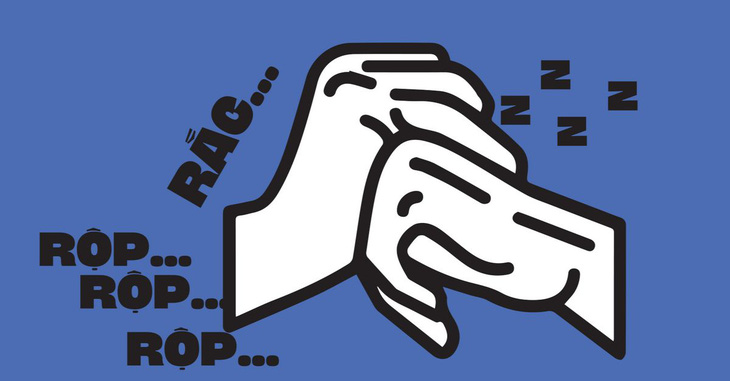 Even if you are confused, remember not to...crack your joints.
Even if you are confused, remember not to...crack your joints.Source: https://tuoitre.vn/be-khop-ngon-tay-sang-khoai-nhung-nguy-hiem-the-nao-20240510060733948.htm












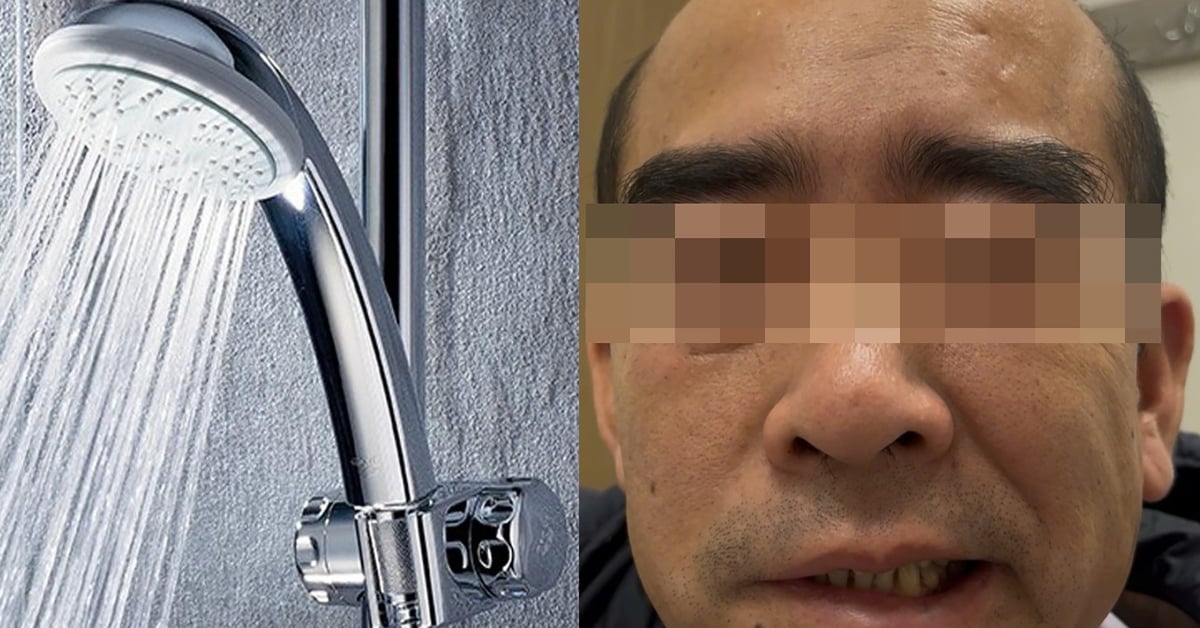
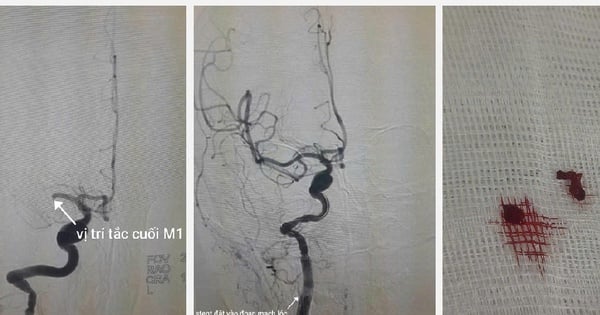




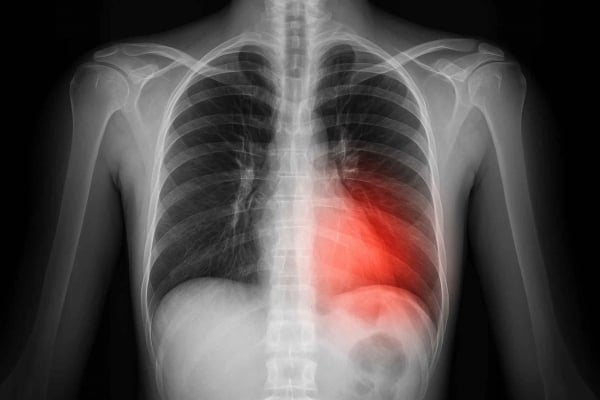
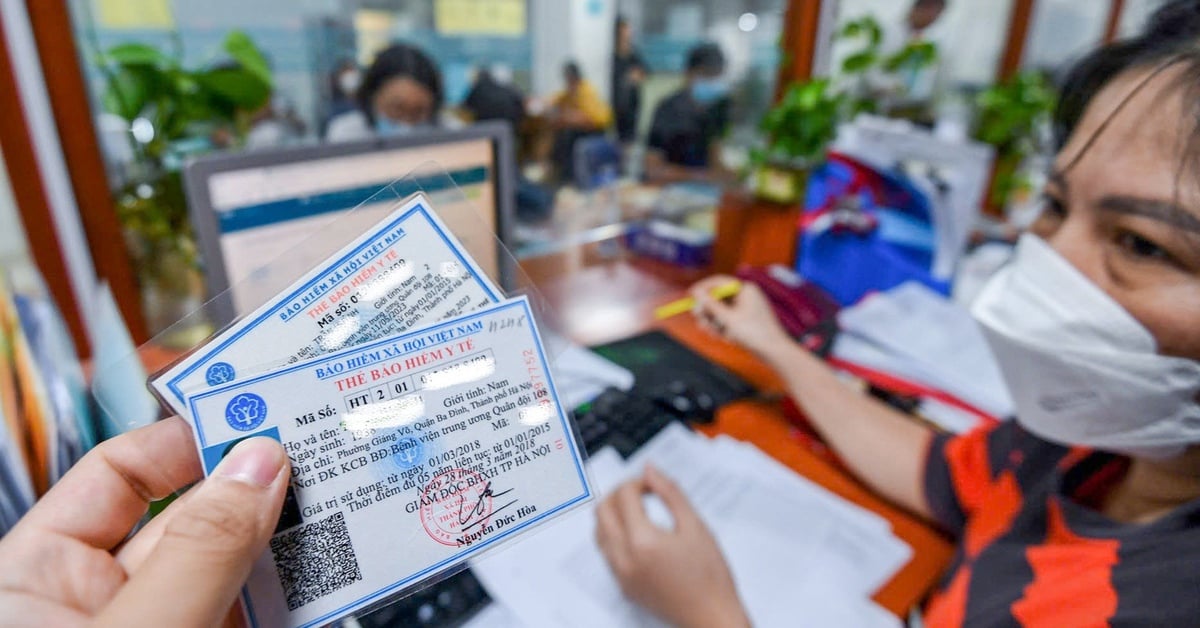

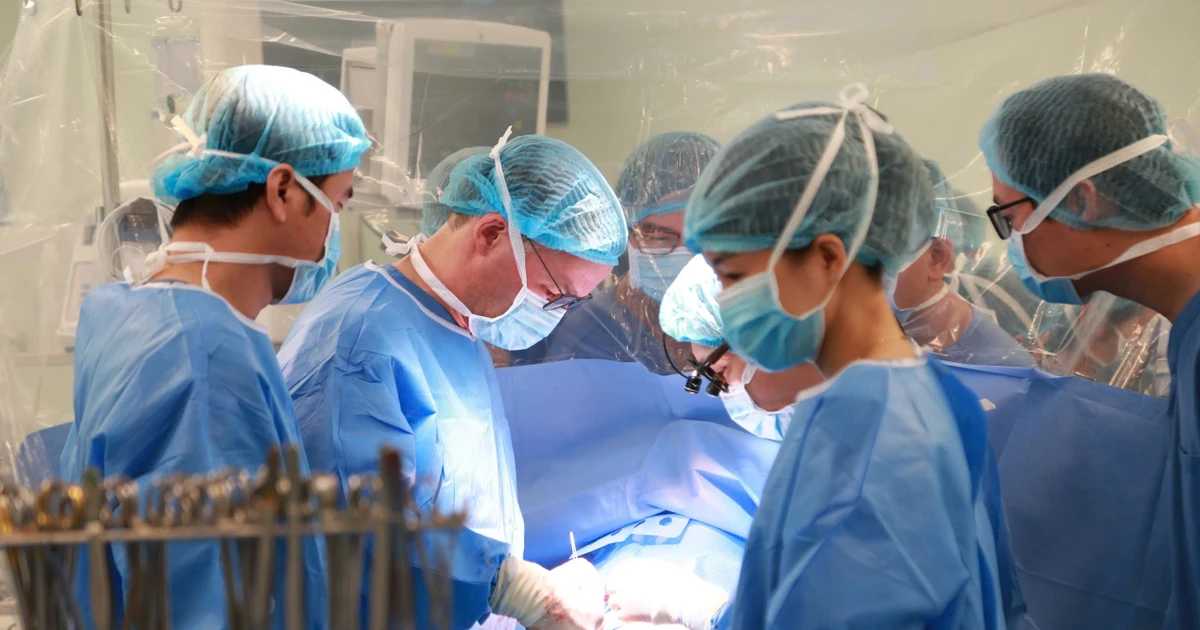
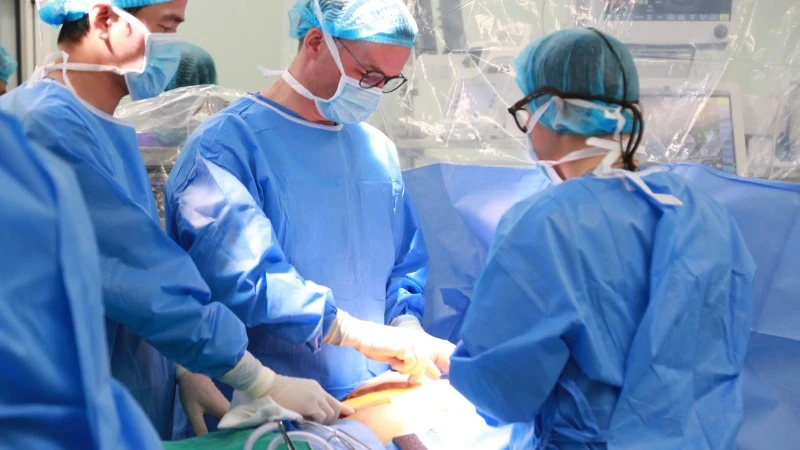






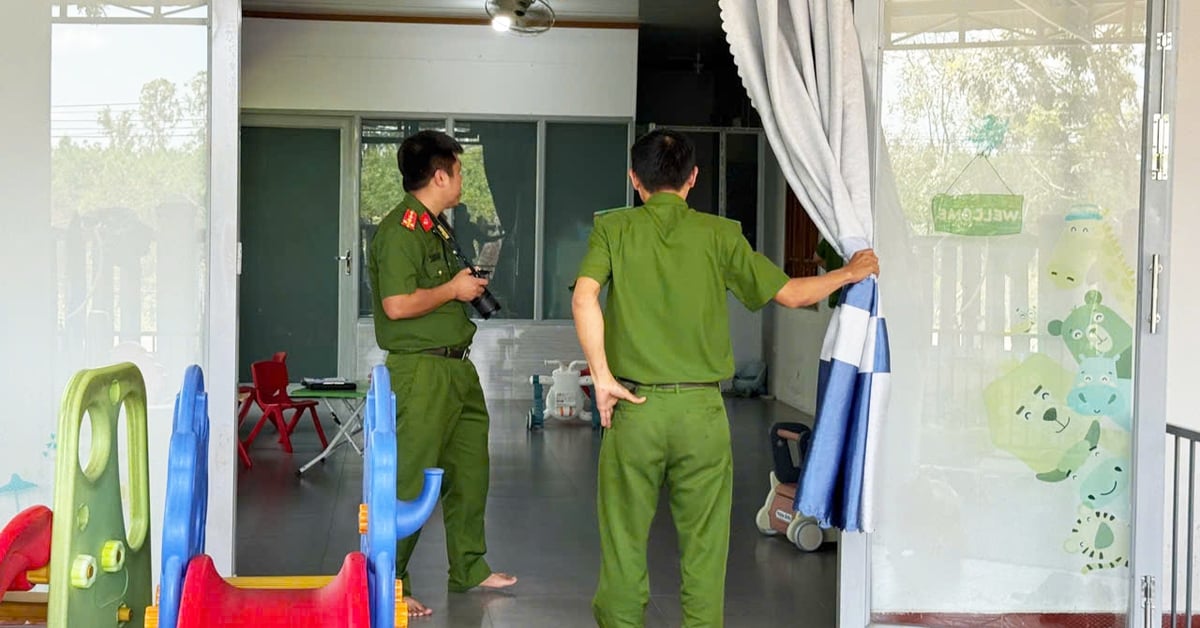


![[Photo] "Beauties" participate in the parade rehearsal at Bien Hoa airport](https://vstatic.vietnam.vn/vietnam/resource/IMAGE/2025/4/11/155502af3384431e918de0e2e585d13a)





























































Comment (0)